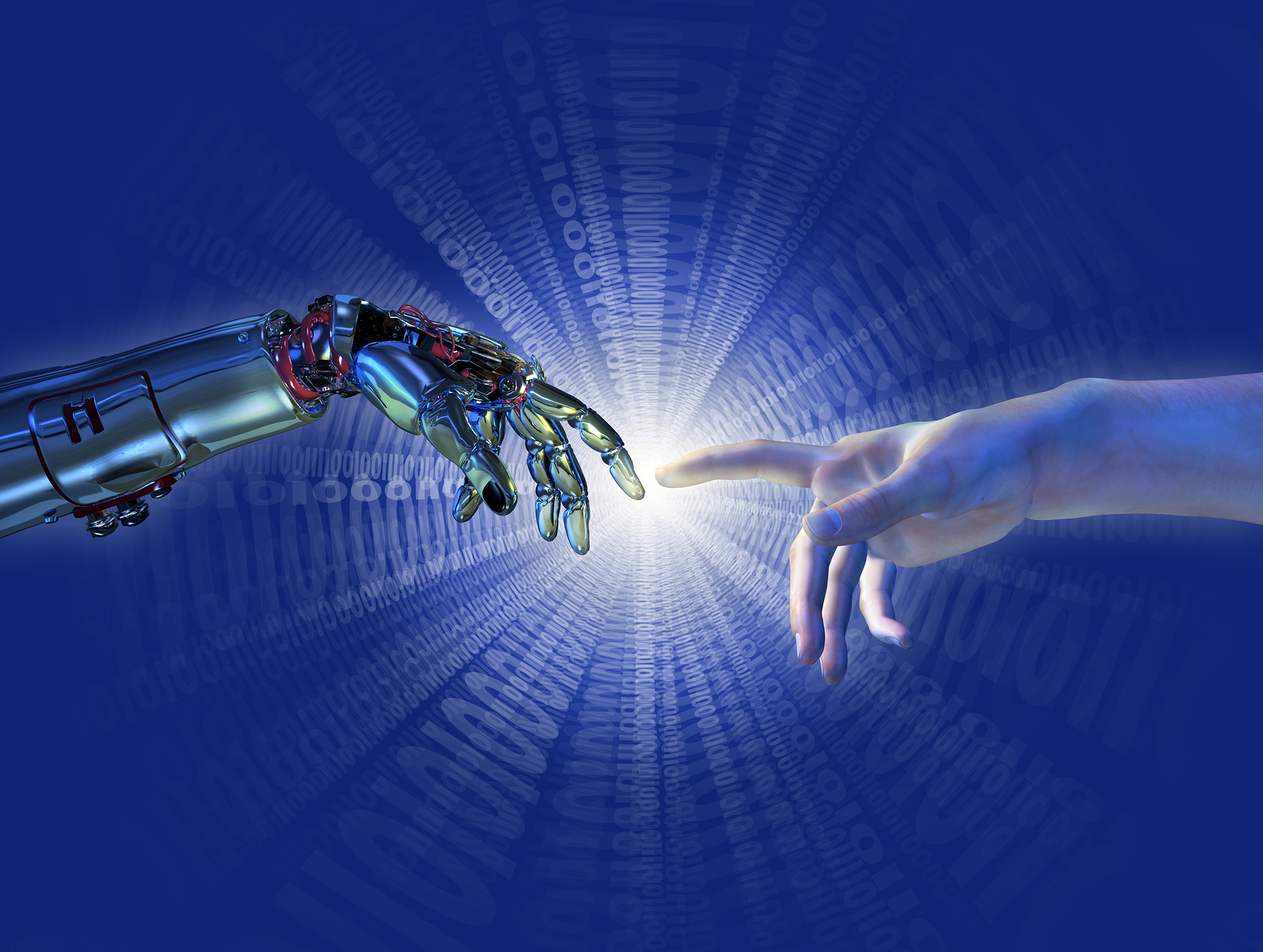Artificial intelligence technologies are considered by economists as a “general purpose” technology, meaning it provides a technological foundation for further developing industries ranging from the military to biomedicine to education and beyond.
This “beyond,” however, is where recent developments in AI technologies and human interaction are eliciting broader public introspection. In April, AI chatbot company Joi AI surveyed 2,000 Gen Z individuals, those born between 1997 and 2012, as a part of its corporate rebranding effort, and asked these respondents questions concerning what Joi AI terms “AI-lationships,” its term for human-AI relationships. The Joi AI chatbot app describes itself as “a sex-positive space for users to indulge in romance, practice dating, and explore their fantasies,” and alleges to offer a “stress and judgment-free alternative for individuals seeking a break from traditional dating” through its customizable AI-powered avatars.
What specific results did this company, which benefits from increased human-AI relationships, find?
First, 83 percent of survey respondents say they can form a deep emotional bond with an AI-generated partner. Second, 80 percent of these participants responded that they would marry an AI partner. Third, 75 percent believe that AI partners have the potential to replace human companionship fully.
These survey responses are examples of how digital technology is fundamentally influencing the Gen Z population. Also, Joi AI found that Google searches for the phrase “fell in love with AI” rose 132 percent between March and April.
AI companion apps, such as Character AI, reportedly receive 20,000 user queries every second, while a Reddit forum dedicated to human-virtual partner interactions reports more than 2.5 million human members. Another recent survey reveals that one in 10 Gen Z men report “dating robots,” reflecting an emotional investment in these AI partners.
While some users of these AI companion apps have reported that AI makes them feel humorous, attractive and validated in a way that real-life personal interactions often do not, yet, below this digital “intimacy,” there is a growing concern, with research revealing that AI companions have said or encouraged harmful behavior, including self-harm and sexual assault.
The fact that Gen Z members believe that AI partners can replace human companionship is disturbing and contrary to thinking in the fields of theology, philosophy and psychology. Theologian Colin Gunton (in a CONCILLAR POST series on Personhood) argues that to be human is to be created for a relationship with God and other humans. Aristotle’s “Politics” describes humans as social animals, with relationships with others being a prerequisite for human flourishing.
Victor Frankl, in “Man’s Search for Meaning,” argues that a loving relationship with another person is a path for finding meaning and fulfillment in life. Love is the way to grasp the innermost core of another person. This state of love allows both individuals to see their essential traits and, more important, creates an environment for individuals to actualize their potentialities. They make each other aware of what they can and should become, providing the foundation for a meaningful life.
Psychologist Erik Erikson is best known for his theory of psychosocial development with its eight stages of human development. His theory emphasizes the importance of social relationships in identity formation. Stage 6 is called “Intimacy vs. Isolation” and is focused on young adulthood, spanning from late teens to age 40. The psychosocial crisis in this stage of development is on relationships, and is all about forming close, loving connections, whether romantic, platonic, familial or otherwise.
Establishing meaningful connections with others is linked to positive health benefits, such as feeling more resilient, less stressed and healthier. Failure to navigate this stage successfully leads to a sense of social isolation, loneliness and even depression, often leading to long-term effects on the ability to establish and maintain relationships. According to the Centers for Disease Control and Prevention, one in three U.S. adults reports feeling lonely and socially isolated.
As we get excited about AI technologies, we need to stop and think about the potential consequences of what we are promoting as “promising.” Gen Z needs to be cautioned about what they believe will make their lives more fulfilling. It can be hard to work through the pains and joys of establishing and building relationships, and AI may make relationships “easier,” but will it make relationships “better”? As we look at embracing AI technologies, we need to ensure that we consider all the potential effects.



